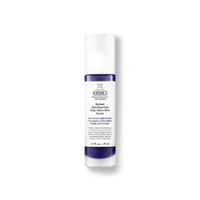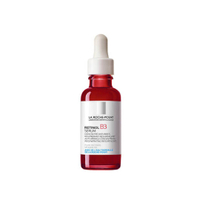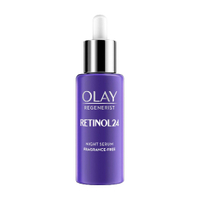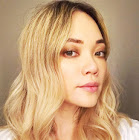Retinoid vs retinol: The differences, benefits, and how to use each
The experts weigh in on retinoid vs retinol—which one is right for your skin?
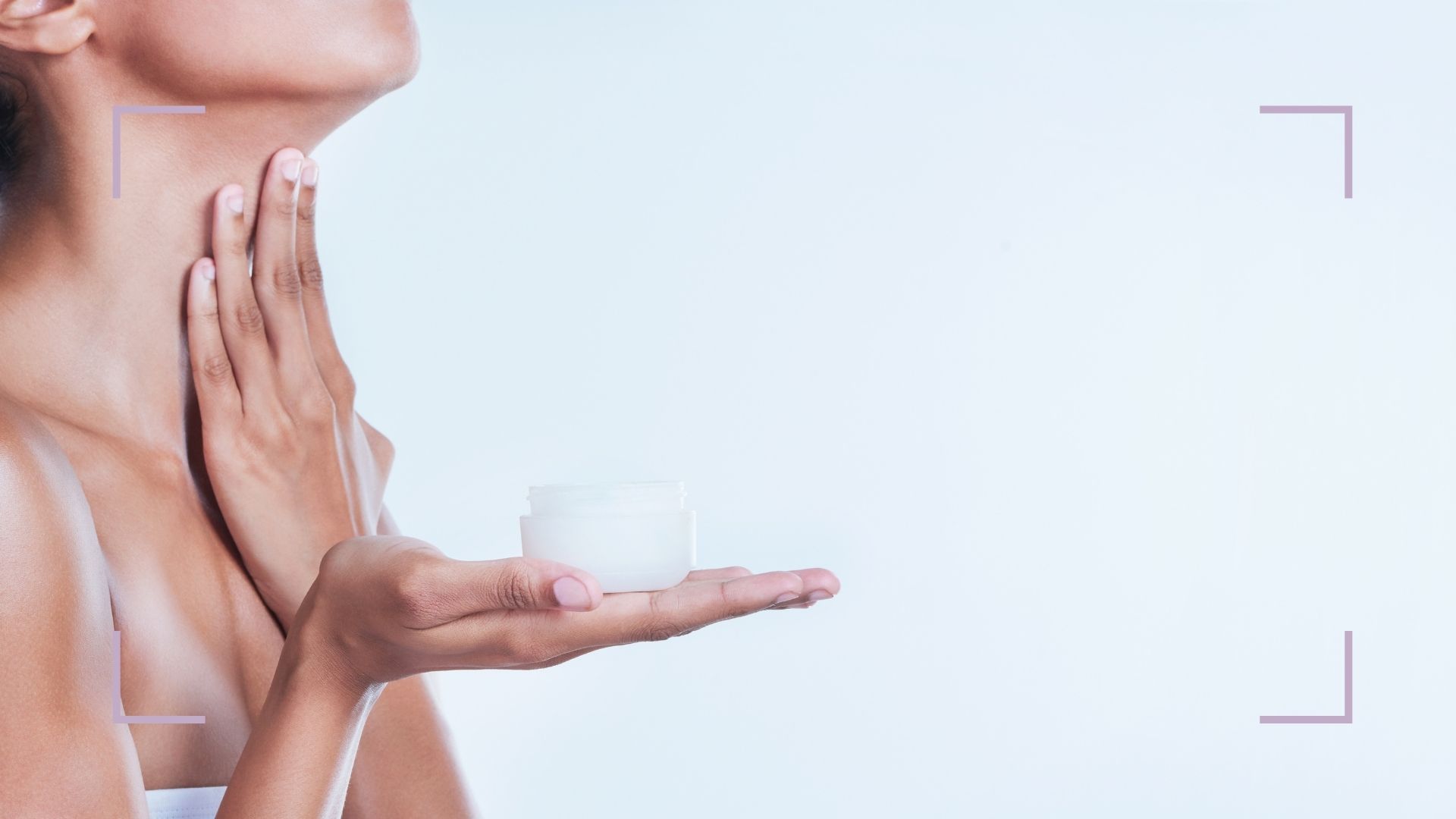
If you're weighing up retinoid vs retinol you might think they sound like two words for the same ingredient, but that isn’t the whole story. Both are Vitamin A derivatives that do excellent work on a variety of skin functions, and both can be found in skincare products. But, there are specific considerations to keep in mind when deciding which of the two is best for your skin.
Retinoids or retinol should absolutely be a part of your skincare routine if you want to make serious skin improvements. Both can work wonders to diminish or eliminate textural issues, reduce pigmentation and help you nail how to get rid of acne. As with any skincare, knowing how to use retinol properly is crucial if you want to achieve results. But first, it's even more important to know how to choose the best retinol cream for you and which active ingredient it should be based around.
Confused? We're here to help you distinguish between retinoid vs retinol once and for all—allow the experts to explain, then you can decide which skincare ingredient is right for you.
Retinoid vs retinol: your expert guide
What are retinoids and retinol?
Remember learning in geometry that all squares are rectangles, but not all rectangles are squares? The relationship between retinoid vs retinol is actually pretty similar.
What are retinoids?
The word 'retinoid' is used fairly loosely in the skincare industry. It’s a blanket term describing all products that are derived from vitamin A—prescription and over-the-counter alike. Vitamin A is a powerful chemical compound that is used to stimulate the growth of skin cells, making it a great candidate for creams targeting lines and pores, acne, and other skin concerns.
What is retinol?
Simply put, retinol is a type of retinoid. These terms are often used interchangeably, but retinol is generally found in some of the best skincare products available over the counter in less concentrated form than retinoids, making it gentler on the skin. The distinction between the two is important to keep in mind. Dr. Susan Bard, a dermatologist at Vive Dermatology Bard explains that since retinol is the alcohol form of retinoid—and not the compound in its purest form—its effects aren’t as strong.
What results can I expect from each?
Retinoid results
Some retinoids are more highly concentrated than others. But retinoids, as a group, function the same way. “Retinoids are vitamin A derivatives that bind to retinoid receptors in our cells. They help increase collagen production and increase skin turnover,” says Dr. Susan Bard. These effects lead to skin that looks younger and healthier. Retinoids help soften wrinkles like crow's feet and work particularly well in a skincare routine for oily skin, keeping acne at bay.
Sign up to our free daily email for the latest royal and entertainment news, interesting opinion, expert advice on styling and beauty trends, and no-nonsense guides to the health and wellness questions you want answered.
Retinol results
Retinol performs the same skincare functions as retinoids. It binds to the receptors in the skin’s cells, speeding up cell turnover and making collagen grow more quickly. This results in reduced wrinkles, pigmentation, and acne. Non-prescription retinol tends to be less potent, therefore gentler on the skin. Retinol skincare is a great option for people who want the benefits of prescription retinoids but struggle with sensitive skin and conditions like rosacea, or just want a less intense product. Retinyl palmitate is one of the most gentle derivatives of retinol.
Retinoid vs retinol—three key differences
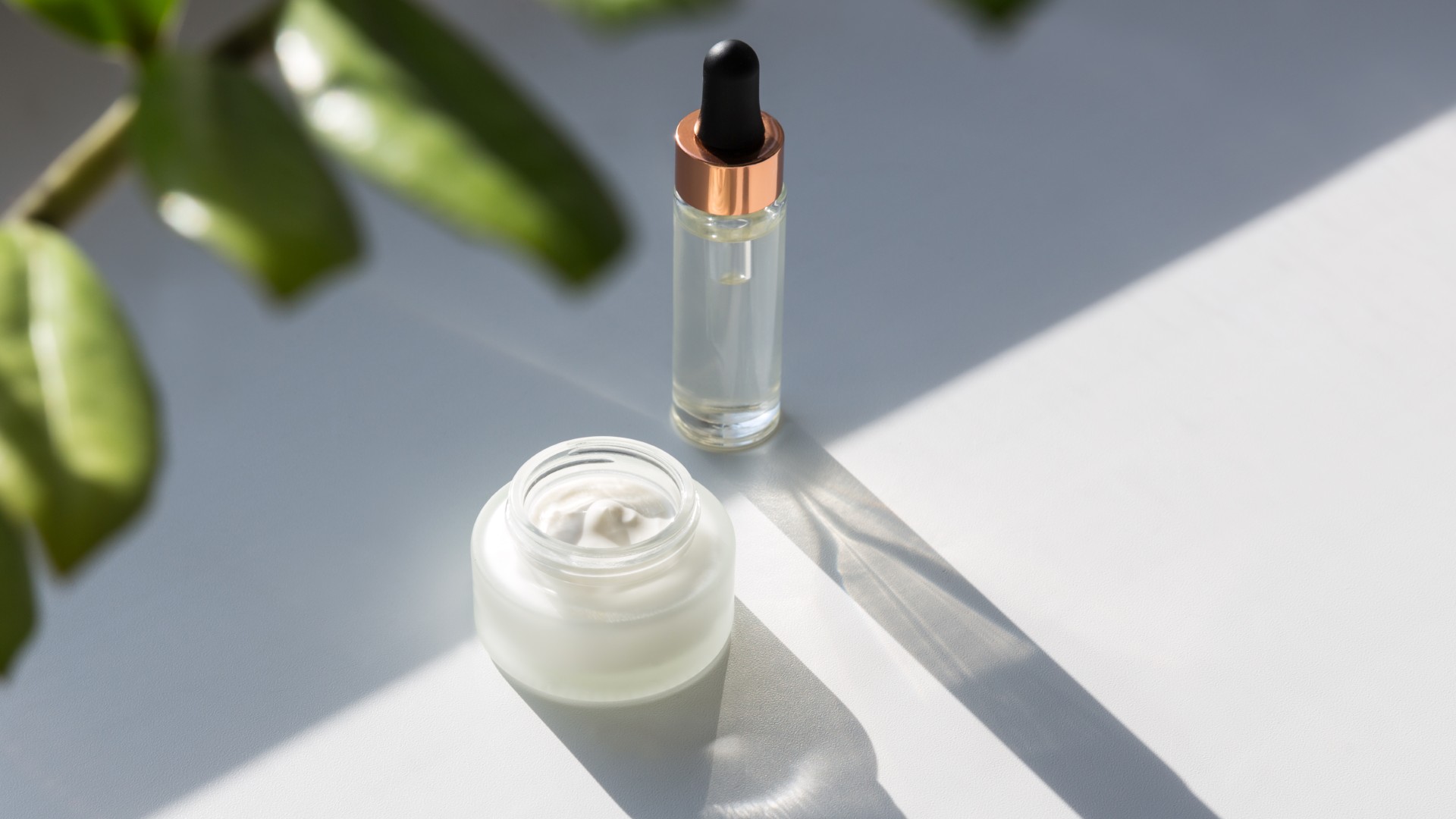
- Strength: While any retinol is technically a retinoid, when skin experts talk about retinoids they are often referring to the stronger prescription-only variants of Vitamin A, such as tretinoin, isotretinoin, and adapalene. So if you've been weighing up retinol vs tretinoin, now you know the difference, and if you are interested in prescription-only retinoids, our Skin + Me review has all the details you need.
- Speed of results: “The time it takes to see results may differ,” explains Ashley Holladay, Senior Editor at Skincare Lab. “Prescription retinoids can deliver results faster and be more effective at reducing fine lines, wrinkles, and brown spots. You can get the same results with retinol, but it might take a little longer.”
- Side effects: Why would anyone ever use retinol if it’s less effective than retinoid? Because retinoid vs retinol side effects can be markedly different. Retinol is generally less concentrated, which will mitigate side effects like redness, dryness, or irritation.
Are retinoids or retinol right for me?
Women who are pregnant or breastfeeding should avoid using retinoid or retinol. Otherwise, these ingredients make a great addition to almost any regimen, be it a skincare routine for acne, skincare for dry skin, or as a hyperpigmentation treatment for Black skin.
Who should use retinoids?
If you have a serious skin concern such as acne, or already know your skin tolerates retinol well, then it might be time to pull out the big guns with a prescription retinoid. These are stronger, so your skin needs to ease into this type of product. A consultation with a dermatologist is the best way to know if upgrading to strong prescription retinoids could be the right move for you.
Who should use retinol?
Experts agree when starting to use retinoids for the very first time, retinol is the best option. Consider choosing retinol if you have dry or sensitive skin,” says Ashley. “Retinoids can make dryness worse and sometimes lead to redness and peeling.” Retinols are best for anyone who wants results with as few side effects as possible and are willing to be patient.
How do I use retinoid products?
Wondering how often should you use retinol? Whichever side you've picked in the retinoid vs retinol debate, the protocol for these products is much the same. Both should be built up slowly. “Start using retinoids every other night at first, and slowly titrate up to nightly use as tolerated,” says Dr. Bard. Who also recommends:
- Do not apply retinoids to freshly washed skin.
- Skin should be dry for at least 30 minutes prior to retinoid application.
- Apply no more than a pea-sized amount to the entire face
- Wear moisturizer over your retinoid to prevent dryness.
- Avoid using other active products such as skincare acids as you build up a tolerance
Additionally, you should never use more than one retinol or retinoid product at a time. If your skin is tolerating your retinoid product and you want faster results, simply opt for a higher dose and more frequent use.
Retinoid vs retinol: w&h verdict
If you’re brand new to retinoids, we recommend starting with over-the-counter retinol in a low percentage, such as 0.3%. Think of these as prescription retinoids' milder cousin, and a great way to ease into a new family of skincare ingredients that may be right for you.
Once you start using retinol regularly and it’s clear you aren’t having any negative side effects, you can switch to a stronger retinoid if you want faster or more pronounced results. As you'll need a prescription, a visit to a dermatologist or GP is part of the package anyway, so get some expert advice and proceed with caution.
Our Beauty Editor Recommends...
Kiehls Retinol Skin-Renewing Daily Micro-Dose Serum | RRP: $97/£62
A brilliant way to begin using retinol products without causing irritation, this contains a very low dose of pure retinol plus peptides and ceramides to help buffer the effects of the active ingredient.
La Roche-Posay Retinol 0.3% + Vitamin B3 Serum | RRP: $39.99/£38
Specifically formulated for sensitive skin, this slippery serum from the cult French brand combines low-dosage retinol with Vitamin B3 aka niacinamide, an anti-inflammatory and skin-conditioning ingredient.
Olay Regenerist Retinol24 Night Serum With Retinol & Vitamin B3 | $32.99/£34.99
Another clever product blending niacinamide and retinol, this serum is designed for your skincare night routine and is fragrance-free so will particularly suit sensitive types.
woman&home thanks Dr. Susan Bard of Vive Dermatology, Dr. Harold Lancer of Lancer Dermatology, and Ashley Holladay of Skincare Lab for their time and expertise.
A lifelong creative writer and beautyphile, Eunice Lucero-Lee graduated from De La Salle University in 2002 and was hired a year later to front all beauty coverage for Pink Magazine. A beauty, astrology, and pop culture obsessive and insider for over 18 years, Eunice is an internationally published editor (and now certified astrologer) whose work has been featured in publications such as Cosmopolitan, Esquire, and The Numinous, among many others.


